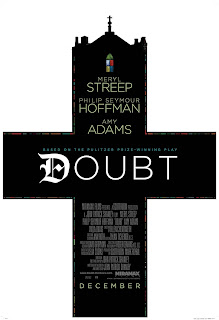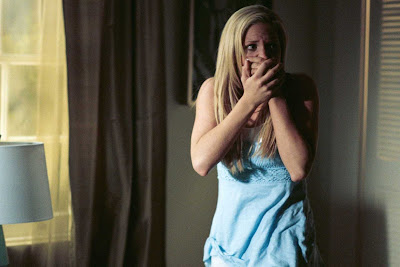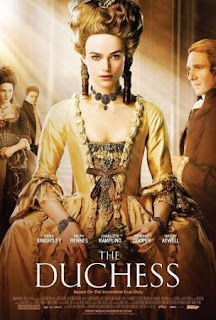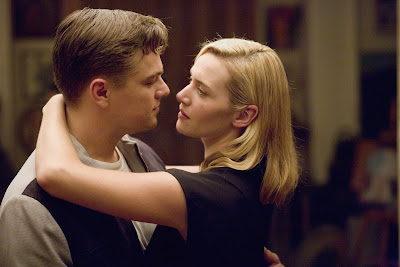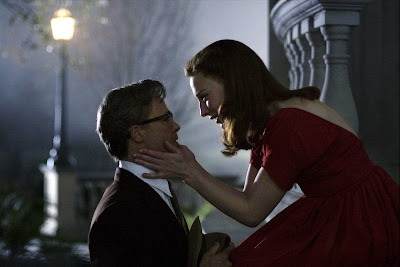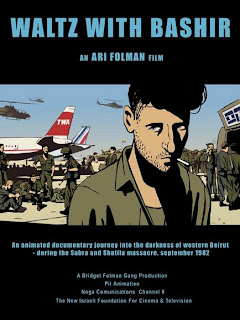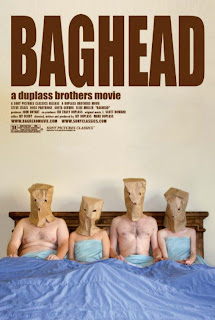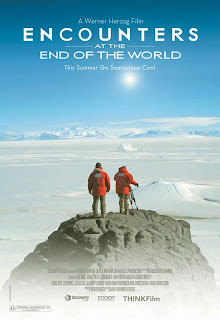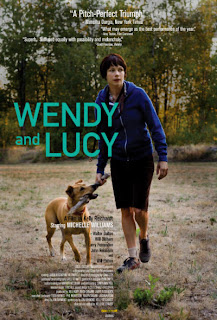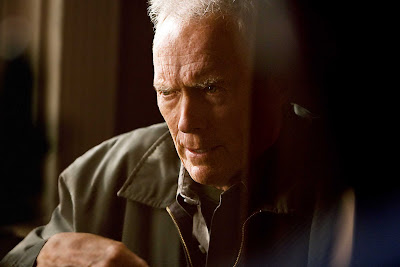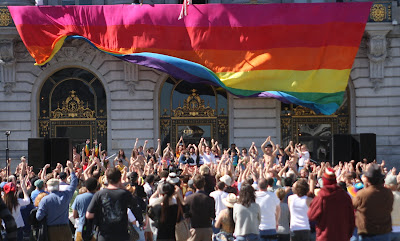Posts
Showing posts from 2008
"Silent Light" - Greatest Final Shot Ever?
- Get link
- Other Apps
First Impressions: "Revolutionary Road"
- Get link
- Other Apps
On "The Curious Case of Benjamin Button"
- Get link
- Other Apps
Review: "Encounters at the End of the World"
- Get link
- Other Apps
"Slumdog Millionaire" Opening Sequence
- Get link
- Other Apps

